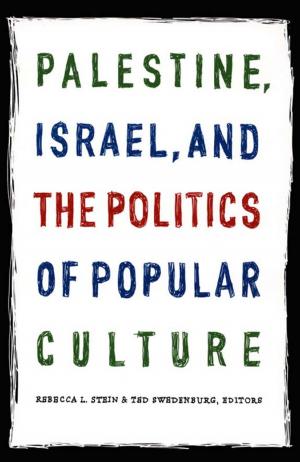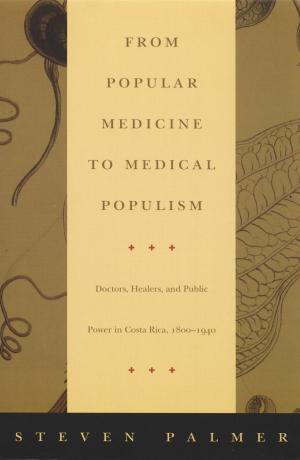Pleasure Consuming Medicine
The Queer Politics of Drugs
Nonfiction, Health & Well Being, Medical, Reference, Public Health, Social & Cultural Studies, Social Science, Gender Studies, Gay Studies, Anthropology| Author: | Kane Race | ISBN: | 9780822390886 |
| Publisher: | Duke University Press | Publication: | July 17, 2009 |
| Imprint: | Duke University Press Books | Language: | English |
| Author: | Kane Race |
| ISBN: | 9780822390886 |
| Publisher: | Duke University Press |
| Publication: | July 17, 2009 |
| Imprint: | Duke University Press Books |
| Language: | English |
On a summer night in 2007, the Azure Party, part of Sydney’s annual gay and lesbian Mardi Gras, is underway. Alongside the party outfits, drugs, lights, and DJs is a volunteer care team trained to deal with the drug-related emergencies that occasionally occur. But when police appear at the gates with drug-detecting dogs, mild panic ensues. Some patrons down all their drugs, heightening their risk of overdose. Others try their luck at the gates. After twenty-six attendees are arrested with small quantities of illicit substances, the party is shut down and the remaining partygoers disperse into the city streets. For Kane Race, the Azure Party drug search is emblematic of a broader technology of power that converges on embodiment, consumption, and pleasure in the name of health. In Pleasure Consuming Medicine, he illuminates the symbolic role that the illicit drug user fulfills for the neoliberal state. As he demonstrates, the state’s performance of moral sovereignty around substances designated “illicit” bears little relation to the actual dangers of drug consumption; in fact, it exacerbates those dangers.
Race does not suggest that drug use is risk-free, good, or bad, but rather that the regulation of drugs has become a site where ideological lessons about the propriety of consumption are propounded. He argues that official discourses about drug use conjure a space where the neoliberal state can be seen to be policing the “excesses” of the amoral market. He explores this normative investment in drug regimes and some “counterpublic health” measures that have emerged in response. These measures, which Race finds in certain pragmatic gay men’s health and HIV prevention practices, are not cloaked in moralistic language, and they do not cast health as antithetical to pleasure.
On a summer night in 2007, the Azure Party, part of Sydney’s annual gay and lesbian Mardi Gras, is underway. Alongside the party outfits, drugs, lights, and DJs is a volunteer care team trained to deal with the drug-related emergencies that occasionally occur. But when police appear at the gates with drug-detecting dogs, mild panic ensues. Some patrons down all their drugs, heightening their risk of overdose. Others try their luck at the gates. After twenty-six attendees are arrested with small quantities of illicit substances, the party is shut down and the remaining partygoers disperse into the city streets. For Kane Race, the Azure Party drug search is emblematic of a broader technology of power that converges on embodiment, consumption, and pleasure in the name of health. In Pleasure Consuming Medicine, he illuminates the symbolic role that the illicit drug user fulfills for the neoliberal state. As he demonstrates, the state’s performance of moral sovereignty around substances designated “illicit” bears little relation to the actual dangers of drug consumption; in fact, it exacerbates those dangers.
Race does not suggest that drug use is risk-free, good, or bad, but rather that the regulation of drugs has become a site where ideological lessons about the propriety of consumption are propounded. He argues that official discourses about drug use conjure a space where the neoliberal state can be seen to be policing the “excesses” of the amoral market. He explores this normative investment in drug regimes and some “counterpublic health” measures that have emerged in response. These measures, which Race finds in certain pragmatic gay men’s health and HIV prevention practices, are not cloaked in moralistic language, and they do not cast health as antithetical to pleasure.















